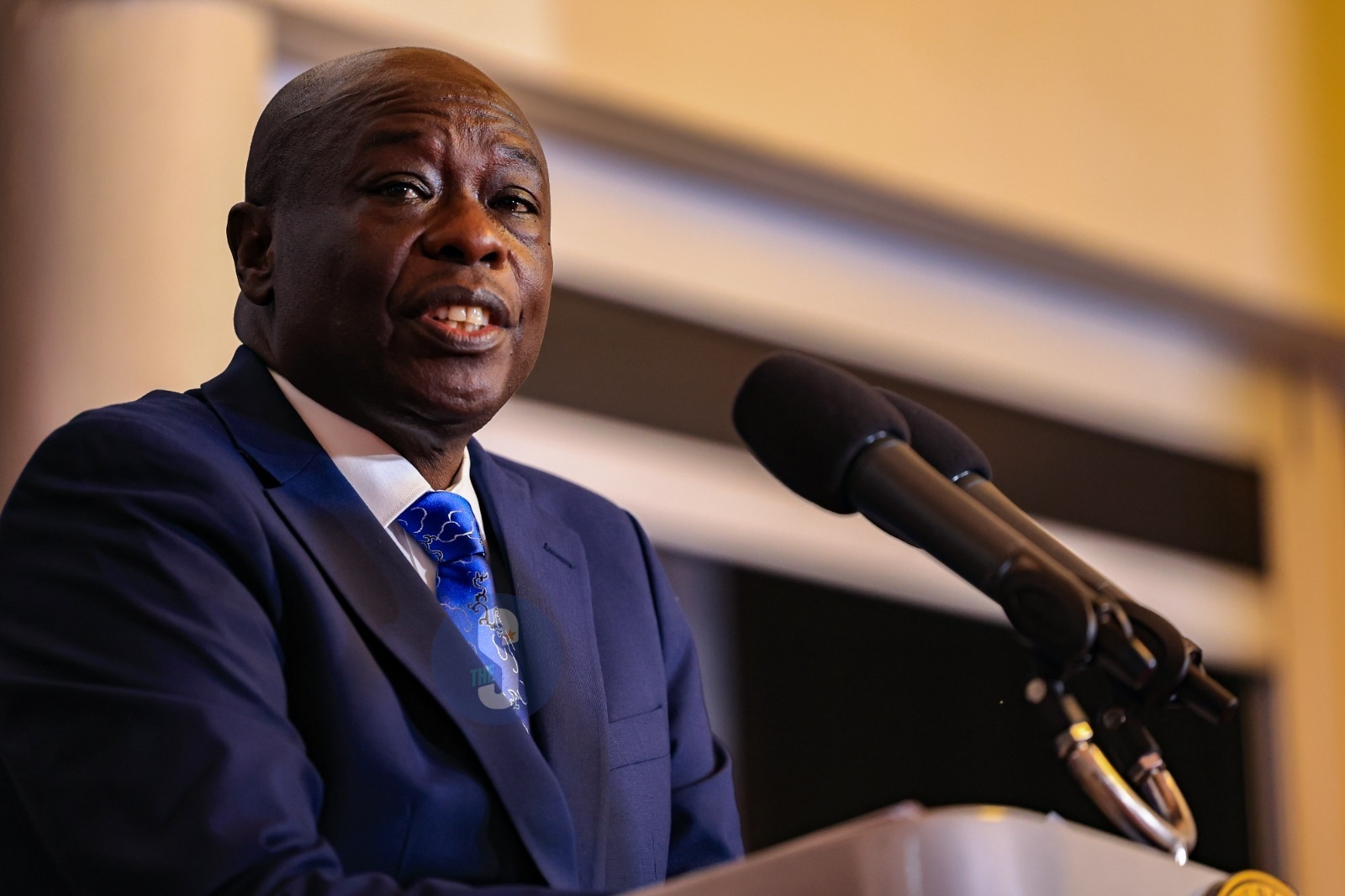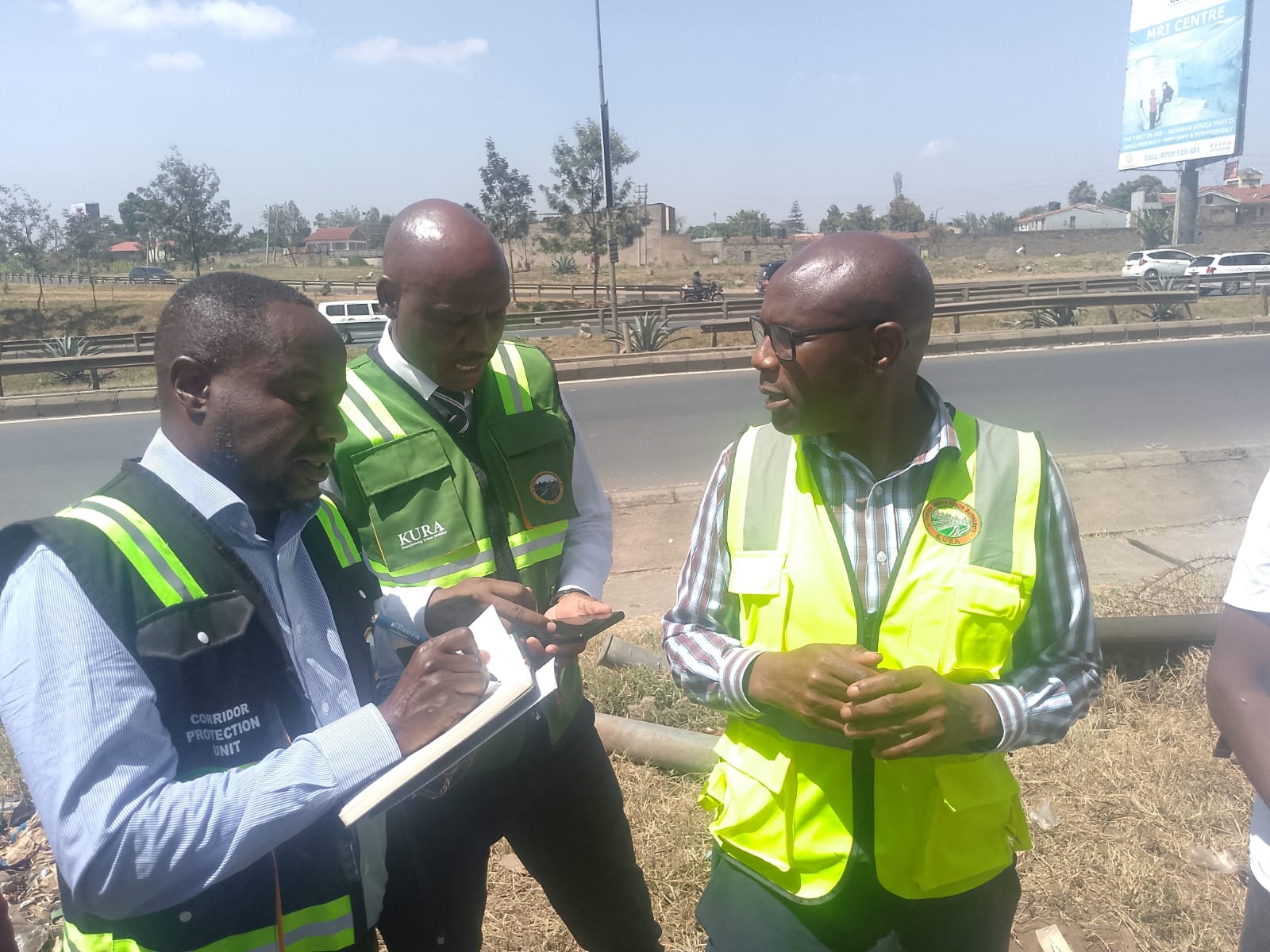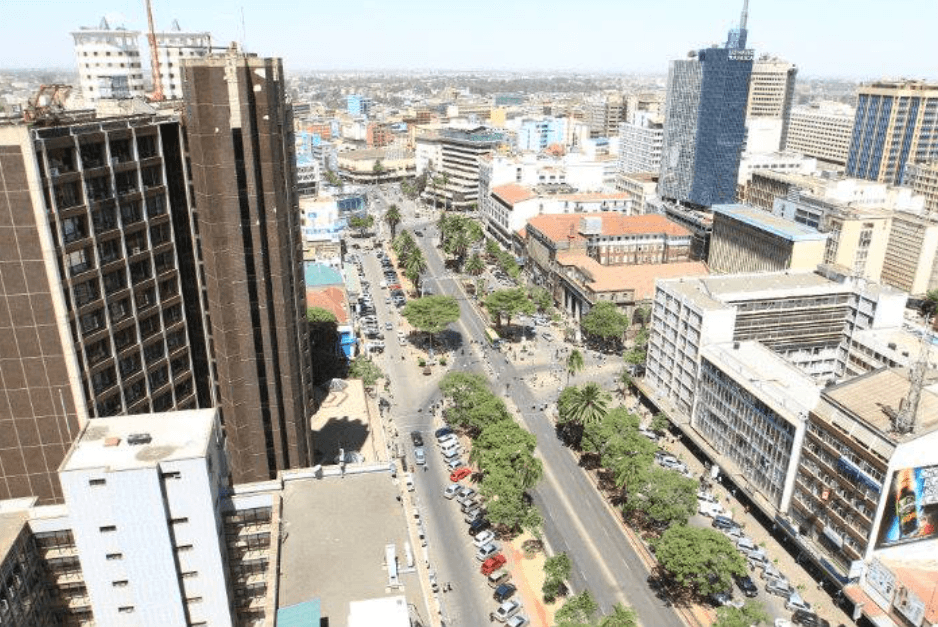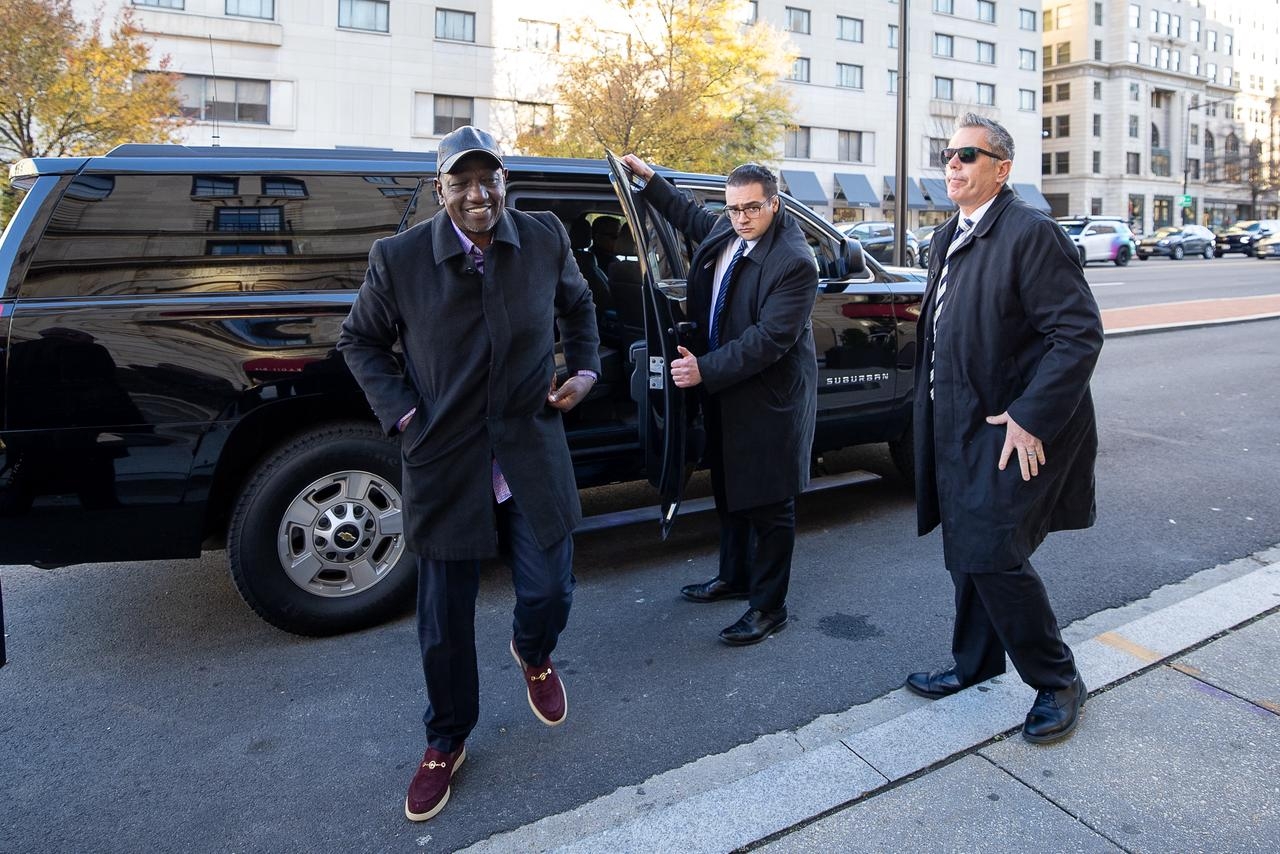Clerics who use tricks or schemes of prayers, alleged healing and miracles to fraudulently obtain money from their followers now face a Sh5 million fine or 10 years in jail if a new bill is enacted.
A tougher penalty awaits religious extremists who disparage divergent religious beliefs and go to every length to cause harm to or threaten the safety or life of another believer.
Besides the fine, the lot risks a jail term of 20 years or both.
These are among the stringent measures contained in the draft Religious Organisations Bill, 2024 to rein in rogue religious leaders and promote freedom of religion.
The proposed law creates the Religious Affairs Commission and stipulates tough registration criteria and vetting of religious organisations and umbrella bodies.
The bill provides that all religious groups must have constitutions, their leaders elected or appointed and their financial records filed and scrutinised by the government every year.
In addition, the bill proposes a legal and institutional framework to facilitate the operations of religious institutions in Kenya and establish mechanisms for dispute resolution and combating the abuse of the freedom of religion and belief.
The bill has been fronted by the presidential task force mandated to review the legal and regulatory framework governing religious organisations in Kenya.
The task force, chaired by former Gachoka MP Mutava Musyimi, presented the bill and its report to the President on Tuesday.
President William Ruto picked the team in the wake of mass deaths in Shakahola, Kilifii county, linked to a Christian cult.
The bill states that a religious leader who uses any false and fraudulent representations, tricks or schemes as to healing, miracles, blessings or prayers; or extorts or fraudulently obtains any financial gain or material benefit from any person; or induces the person to deliver money or property to the religious leader, commits an offence.
“If convicted, the person will be fined an amount not exceeding Sh5 million or to imprisonment for a term not exceeding 10 years or to both,” the bill states.
The draft bill also stipulates that a person shall not use force, threats, intimidation, fraud or violence to coerce another person into believing or not believing in a religion or belief.
A person shall also not use the same parameters to recruit a member of a religious organisation or prevent a member from exiting a religious organisation.
“A person who contravenes this provision commits an offence and is liable on conviction to a fine not exceeding Sh1 million or to imprisonment for a term not exceeding three years or to both,” it reads.
The provisions, the bill states, seek to tame rogue pastors and religious conmen and women who dupe their followers through tricks and schemes to enrich themselves.
Further, the bill states that a religious institution shall ensure that office bearers are elected or appointed a per the provisions of the law and its constitution.
“A person who has been convicted of a crime involving fraud or dishonesty shall not, for five years from the time of the conviction, be eligible to be appointed or elected to any office,” it states.
If enacted, there will be a Religious Affairs Commission whose functions include the registration of religious organisations, and religious associations and umbrella groups.
The commission shall provide and promote oversight of religious affairs; receive and review the annual returns of religious organisations umbrella religious organisations and religious associations.
The commission will also be charged with the responsibility of monitoring the compliance of religious institutions with the law, and developing and implementing a policy on religious organisations.
In addition, it shall advise the government on religious affairs, develop and publish a code of conduct for religious organisations and undertake research on matters affecting religious institutions.
The commission shall consist of a chairperson appointed by the President, the Attorney General, and the principal secretaries for National Treasury and Interior.
One person nominated by the Kenya Conference of Catholic Bishops, another by the Evangelical Alliance of Kenya and one person nominated by the National Council of Churches of Kenya shall also sit in the commission.
The draft bill also stipulates that any association of persons shall not operate as a religious institution unless it has been registered.
According to the draft bill, the commission may reserve a name pending registration of a religious institution or a change of name by a religious institution.
“Any religious institution that seeks to reserve a name or change its name shall apply to the commission for the reservation of the proposed name,” the bill states.
However, the commission may refuse to register a body as a religious institution if the commission has reasonable cause to believe that the proposed religious institution has among its objects, or is likely to pursue or be used for, any unlawful purpose.
The commission may also refuse to register an association if it has reasonable cause to believe it to be a threat to national security or public order.
In addition, the draft bill provides that the accounts of a religious institution and the register of its members shall be open to inspection by an office bearer or member of the religious institution at such times as may be specified in its constitution.
“A religious institution which fails to make available to the commission, at the specified time, any books of account, documents or lists of members when required to make so available, commits an offence.
“Any person who obstructs the registrar or any such person authorised by the commission in the carrying out of an inspection commits an offence and shall on conviction be liable to a fine not exceeding Sh100,000 or to imprisonment for a term not exceeding one year, or to both,” the bill states.
Further, the bill provides for the establishment of the Religious Affairs Disputes Tribunal that shall hear appeals from decisions of the commission under the law and disputes between members of a religious institution.
In addition, the tribunal shall hear disputes between a member of a religious institution and the religious institution, disputes between religious institutions and other disputes related to religious institutions.













